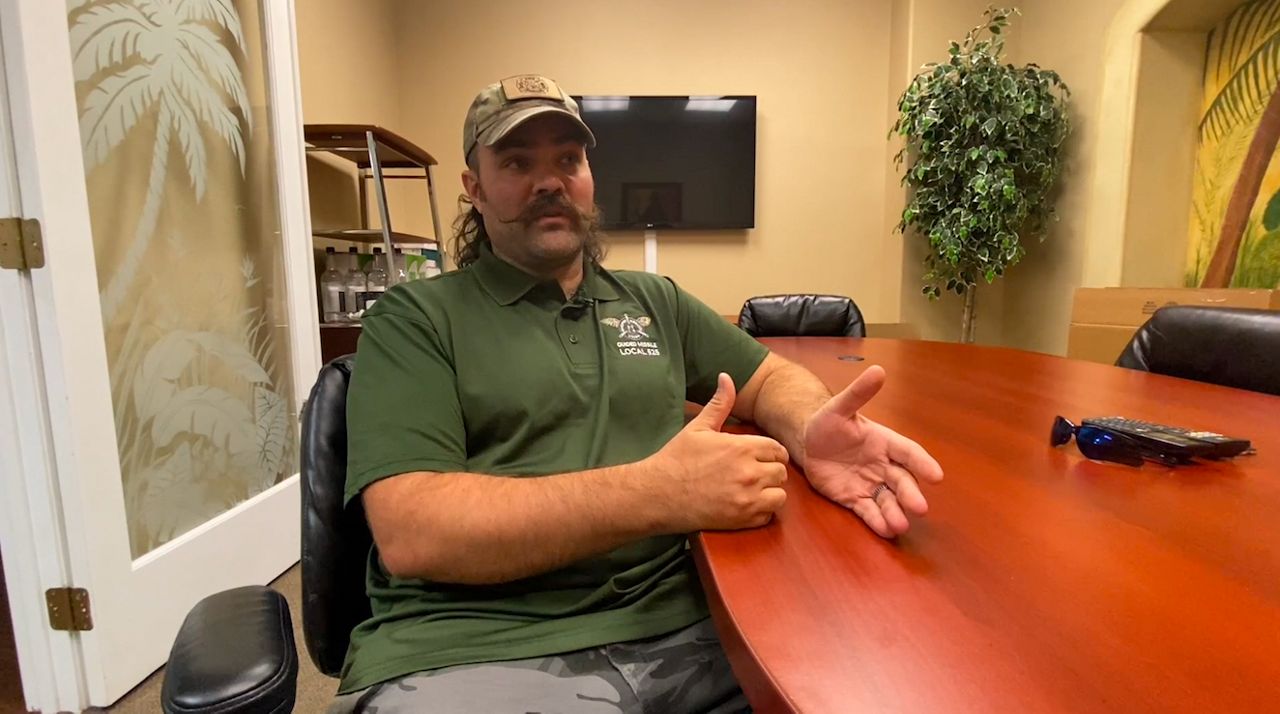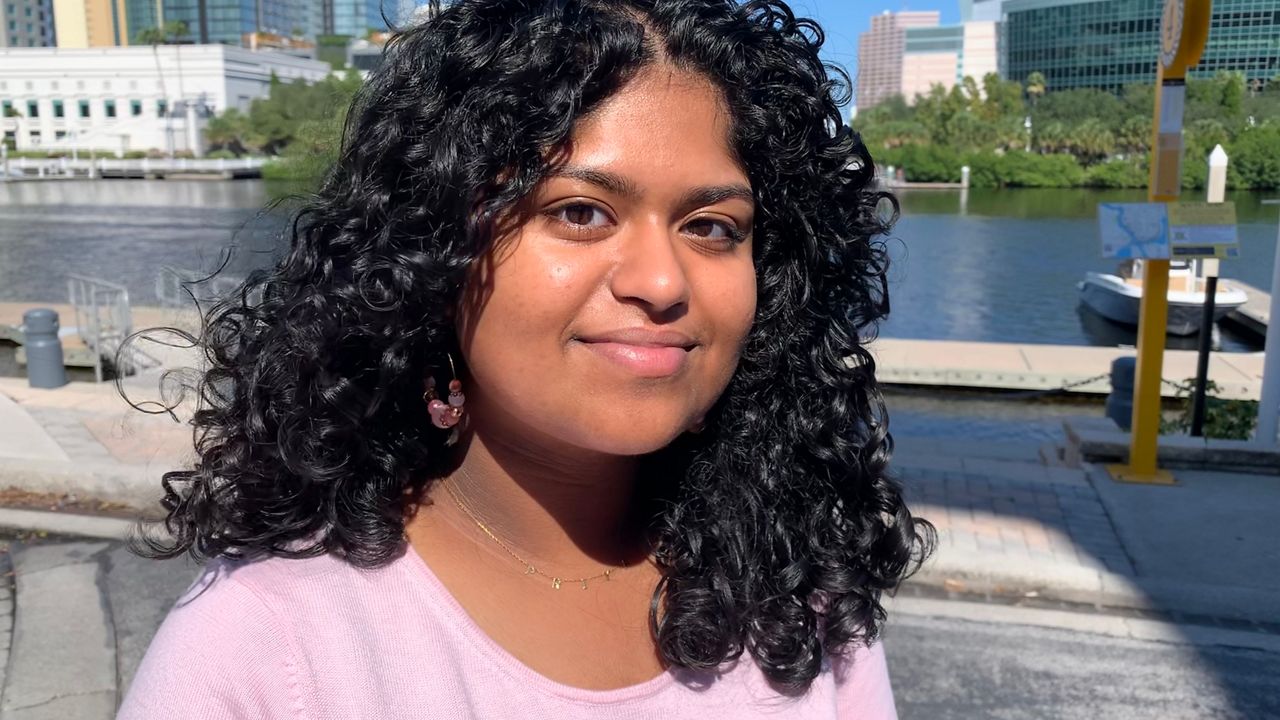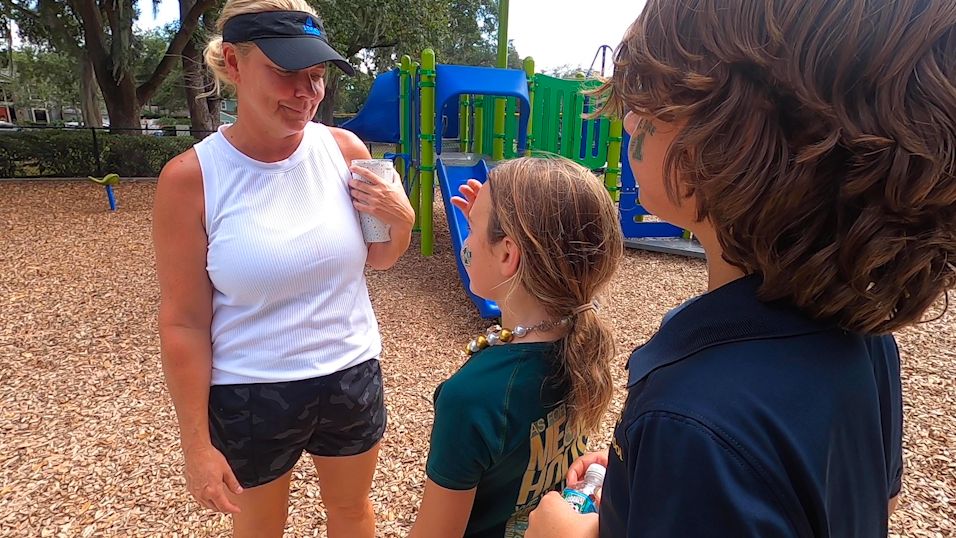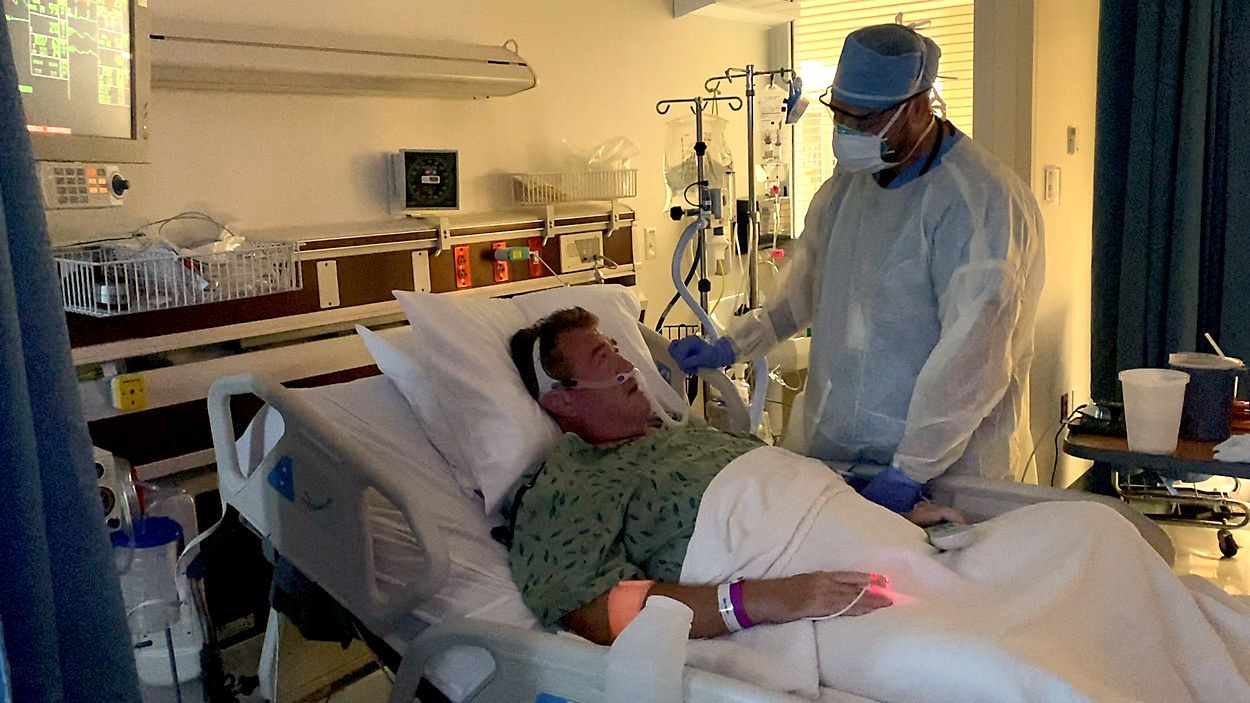NEW SMYRNA BEACH, Fla. — For his age, Jim Landsman was the picture of health.
What You Need To Know
- An avid exerciser, Jim Landsman tested positive for COVID-19 in July
- As his condition worsened, Landsman was hospitalized, put on a ventilator
- He is a "long-hauler," those who battle issues long after being released from hospital
“I used to run 3 1/2 miles and swim laps every morning,” the New Smyrna Beach man said.
But in July, despite the family’s relentless effort to prevent getting infected by the coronavirus, Landsman and his son contracted COVID-19.
Jim’s condition quickly went downhill, and he was hospitalized. Within three days, he was placed on a ventilator.
Gayle Landsman somehow avoided catching it, but she says one of the hardest things she’s ever had to go through was not being able to be by her husband’s side.
“For this to be his first real hospital visit and not to be able to be there to hold his hand (was tough),” Gayle said.
Jim’s doctors say most people who got as bad as he did do not survive.
“I honestly shouldn’t be here today; I should be dead,” Jim said.
After almost a month in the hospital, he was released in late August. The illness damaged much of Jim’s body, including his lungs and heart.
“Now, if I’m able to run one or two minutes, it’s good, and then I can’t breathe. I’ve got to walk,” Jim said. He's now undergoing physical therapy.
“I have no strength or range of motion with my left arm going sideways, so they’re literally trying to figure out why that’s happening and reverse that.”
Experts have been referring to patients such as Jim as COVID-19 “long-haulers.” Westchester Medical Center Health Network in New York has developed a specialized recovery program just for them.
“It’s a very personalized approach, because this is a disease where one size does not fit all,” said Dr. Gary Rogg, who is heading up the effort.
Rogg says most of the patients are actually people who didn’t have a serious case of coronavirus to begin with, but now suffer from a wide range of issues, from brain fog to hair loss.
“The goal is to get them back to the quality of life they had before,” Rogg said.
Rogg thinks that without this network of specialists, COVID-19 long-haulers could struggle to recover. He believes this problem will force health care providers across the country to develop programs like theirs.
“So I think you’re going to see a lot more centralization of care to try to expedite care for these patients,” Jim Landsman says.
He's now thankful to be alive but wants people to know that with COVID-19, it’s not just about whether you live or die.
“They talk about people who get cases, they talk about people who die, but what’s really not getting caught up, I think, in the news, are all of the complications that happen afterward that people have to put up with," he said. "It seems to get lost."
He’s now in this for the long haul, but he’s thankful he at least has a shot at getting back the life he had before.
“You know, I think almost dying puts a different perspective on things, so if my lungs don’t come back fully, it’s going to be what it is," Landsman said. "I’m just happy to be here, actually."
And the Landsmans hope sharing their experience will make everyone take COVID-19 seriously, and prevent others from going through what they have.
“It doesn’t matter your age, it doesn’t matter your health — it’s attacking everyone, and you don’t know if you get it, how badly it’s going to affect you,” Gayle said. “It’s scary.”









